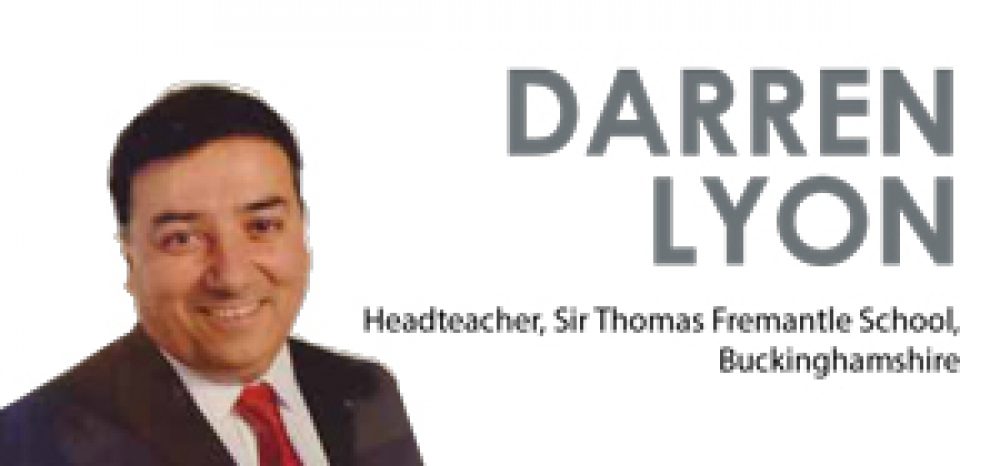Setting up a new school is, in equal measure, the hardest, most frustrating, most time consuming and most enjoyable thing I have ever done in my 17 years in education.
In 2013, our new secondary school emerged into an education system with growing challenges, not least squeezing a stimulating and varied programme of study and wider experiences into a school day increasingly organised around the pressures of the new curriculum.
Sir Thomas Fremantle School (STFS) is a rural school roughly equidistant from the sizeable towns of Buckingham, Aylesbury and the much larger Milton Keynes. We cater for the children of Winslow, a market town of around 5,000, as well as the villages scattered nearby from where students predominantly arrive and depart via bus.
Added to this, Buckinghamshire is a selective authority with an enviable headline GCSE profile yet with a wide disparity of achievement. The differential between the free school meals group and others is significant and, despite the outward impression of a wealthy middle class county, significant disparities and inequalities remain.
“We now run a rich programme students enjoy”
Most of our own students “failed” the 11+, not perhaps “politically correct” but to most students it is seen as failure, not merely “not having reached the qualifying mark” as I am told is the more acceptable terminology.
Our first job was, therefore, to persuade prospective parents and students to choose STFS on merit and not as a “fall-back”. A major selling point for us was therefore to be our unique (locally at least) enrichment programme.
In previous roles, I had experienced the mass exodus of 1,600 students rushing for buses at the end of the school day and the impact this had on attendance at after-school activities. I had also witnessed, year after year, the dwindling numbers of sports players at team practices over the year as they began to realise only a group of around 15 would ever play for the school. In this, I saw missed opportunity; an enthusiasm we had failed to capitalise on or develop.
I saw the logical way to improve participation, particularly for the less affluent and those from families least able or likely to take advantage of extra-curricular sessions was to make them a compulsory, but distinct part of our day. To allow our students to be the best that they could be, our day had to be longer.
A 4.30pm finish thus allowed for an additional 30 minutes academic teaching time per day and an hour of extra-curricular activities.
In a locality with some excellent nearby independent schools it is hard but to be envious of the range of sports, activities and clubs the sector offers, a range few of us experience until we arrive at university.
While we balance this envy with the acceptance that we have neither the budget nor the facilities to match the independent school offer, I was determined our students should benefit from the widest range of activities our meagre budget would allow.
I should add that Stowe School have been extremely supportive of us, sharing their athletics track on sports days and their extensive grounds for our Combined Cadet Force (CCF) activities. The introduction of a CCF, in our case an RAF section, set up through the government’s Cadet Expansion programme was an instant success – 63 applicants for the initial 30 places was testament to that and something I would heartily recommend to other schools.
Teachers join STFS in the knowledge that enrichment is a valued part of our day and for students and staff alike, the day does not finish until 4.30pm. We now run a rich and varied programme that students (and most staff) thoroughly enjoy.
We have used our teachers’ considerable talents and interests to create a varied and stimulating programme while supplementing this with expert sport coaches and musicians along with parents and members of the local community.
How these extensive opportunities translate into GCSE performance we must wait and see, but it is already clear our students are more engaged, happier, more confident and willing to take risks. Added to the fact that we are still significantly oversubscribed, we can only see this as a good sign.







I think schools that are committed to the progression of young people dont close up after the final bell.
As a Head of Department, our music activitues start at 8am and finish at 4pm as well as intervention sessions for all GCSE and A Level students twice weekly.
No comment on how our affects teachers’ already significant workloads?
Or is
“Teachers join STFS in the knowledge that enrichment is a valued part of our day”
the polite way of saying ‘tough’?